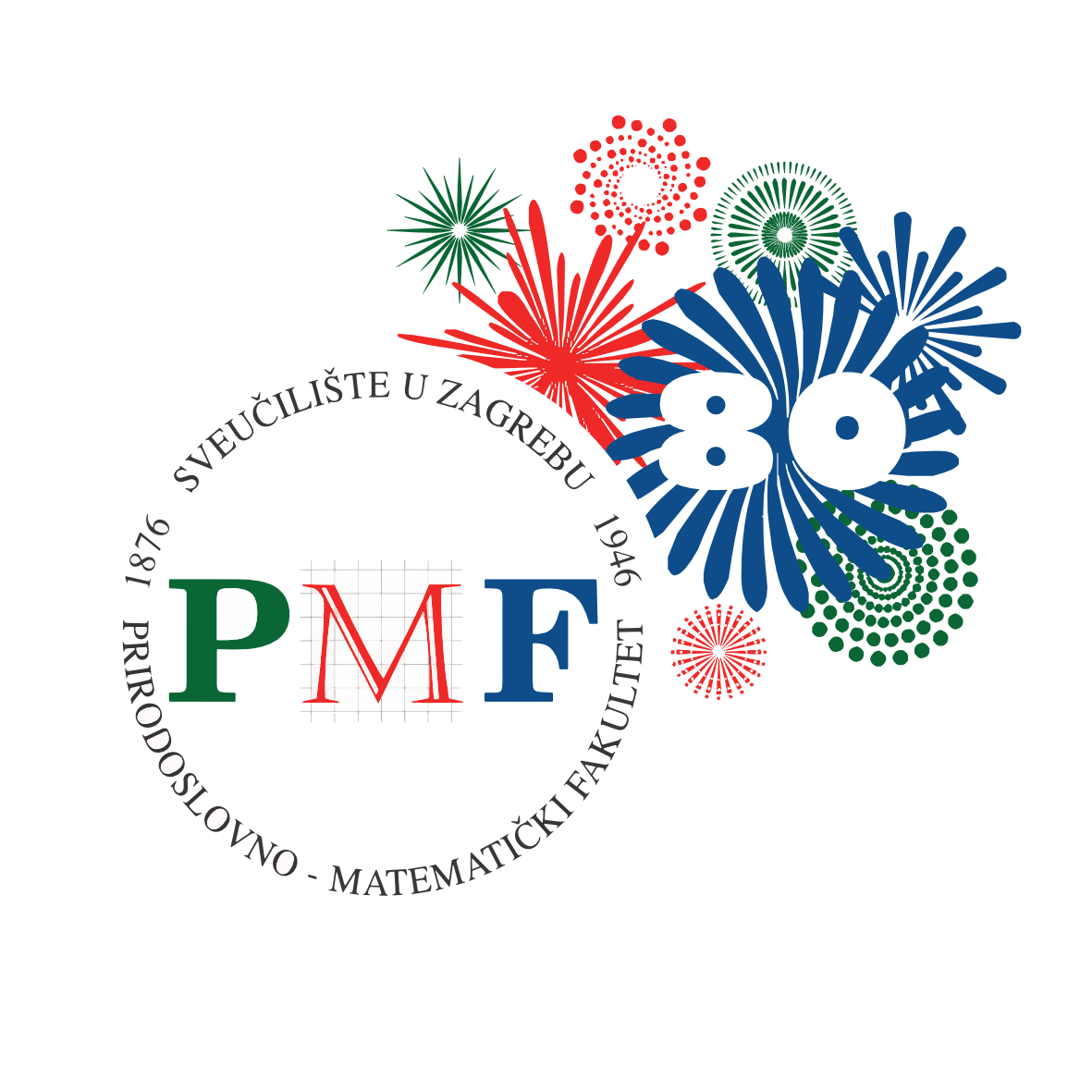Official length of programme
Two-year programme, 120 ECTS credits.
Access requirements
Applicants must have completed an Undergraduate university programme (first cycle) with at least 180 ECTS credits, providing them with relevant competencies in mathematics and computer science.
Name of qualification
Master of Science in Mathematics
Programme requirements
The Graduate University Programme in Mathematical Statistics is the final part of the fundamental university education of specialists in mathematical statistics. It provides the second cycle of university education for future mathematicians within the 3 + 2 Bologna system. The first cycle of this education is provided by the three-year Undergraduate University Programme in Mathematics or any related undergraduate or graduate programme in which students attain the competencies in mathematics and computer science required for enrolment in this programme.
The Graduate University Programme in Mathematical Statistics, through its course contents as well as its forms and methods of teaching, provides for the acquisition of fundamental knowledge and the understanding of results in the area of statistics. During this course of study, students receive fundamental knowledge in probability theory and stochastic processes, as well as in mathematical and applied statistics.
Students develop basic skills in the application of computers when solving statistical and related numerical problems, become acquainted with the fundamentals of database management, and are trained to solve, independently and through cooperative teamwork, problems related to probability and statistical modelling and the application of statistical methods. In addition, students in this programme develop their ability to understand mathematical proofs, and thus also their logical argumentation in general situations, their skill at applying various mathematical (probabilistic, statistical, numerical, computational etc.) methods and techniques in the solution of concrete tasks, as well as their ability to independently pose and creatively solve mathematical problems. The programme also provides a good basis for their further self-education in mathematics (especially statistics), as well as in sciences and other fields where it is applied.
Professional status
Holders of the Master of Science degree in Mathematical Statistics are qualified for work in the scientific research and higher education system (universities, polytechnics, research institutes) in entrance-level teaching or research positions (assistant, young researcher and associate) in mathematics; they are also qualified to collaborate in research in probability theory and mathematical statistics and their application in other scientific fields (natural sciences, social sciences and the humanities, technical sciences, economics, medicine, technology, etc.). Moreover, they can be employed in industry as researchers (in developmental research institutes, e.g. in pharmaceutical companies), quality controllers, analysts, actuaries (in banks, pension funds and insurance companies), or in state administration as statisticians (e.g. in the Croatian Bureau of Statistics, in the health sector), and the like.
Access to further study
After completing this graduate university programme, students are qualified for postgraduate (doctoral or specialist) programmes at the Department of Mathematics, in accordance with the enrolment conditions for the academic year in which they apply. The received knowledge and acquired skills also qualify students for continued study in related postgraduate (doctoral or specialist) programmes at other higher education institutions. The conditions of enrolment in postgraduate programmes at other higher education institutions are determined by those institutions.

 Pristupačnost
Pristupačnost